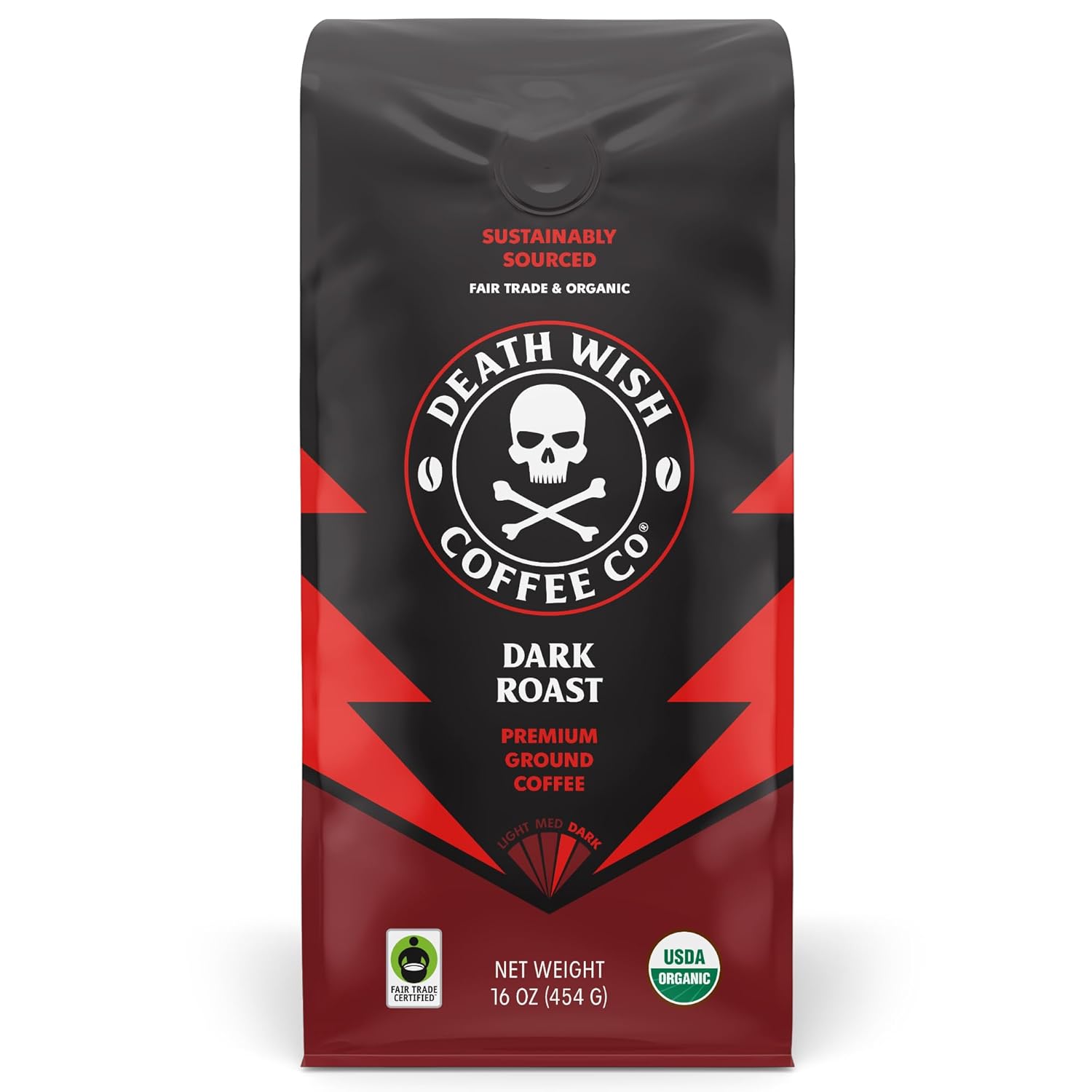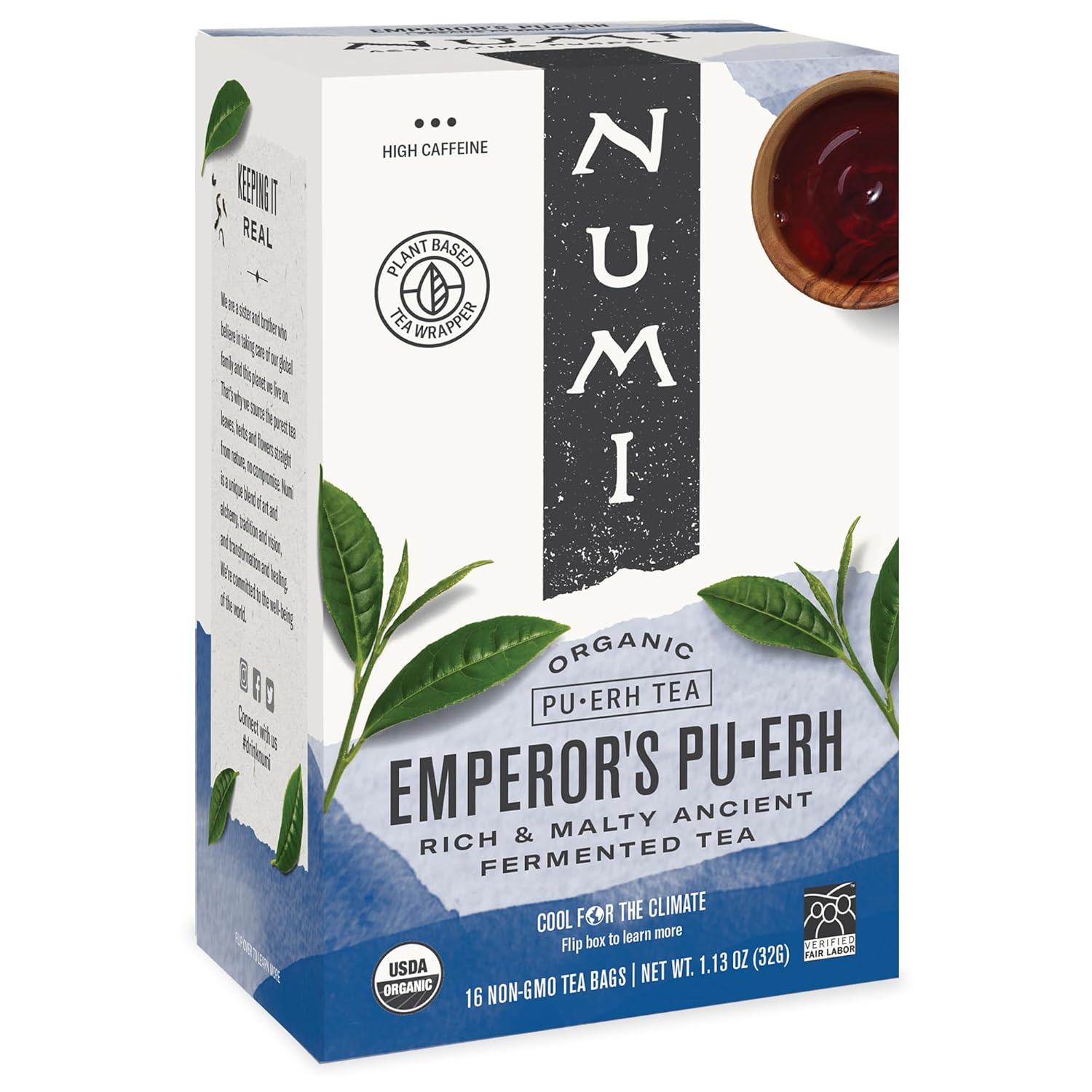Coffee vs. Tea: Which is Healthier? A Comprehensive Analysis of Caffeine and Antioxidant Effects
In the ongoing debate between coffee and tea enthusiasts, health considerations often take center stage. Both beverages have been consumed for centuries across diverse cultures, each with passionate advocates citing various health benefits. This article delves into the scientific evidence comparing coffee and tea, examining their caffeine content, antioxidant properties, and overall health impacts to help you make an informed choice for your daily ritual.
The Biochemical Composition of Coffee
Coffee contains a complex mixture of over 1,000 bioactive compounds. The most well-known is caffeine, but coffee also contains chlorogenic acids, melanoidins, and various polyphenols that contribute to its antioxidant properties.
A typical 8-ounce (240ml) cup of brewed coffee contains approximately 95mg of caffeine, though this can vary significantly based on the brewing method, bean type, and roast level. Espresso, despite its smaller volume, can contain 63mg per single shot (30ml).
Interestingly, coffee is one of the largest sources of antioxidants in the Western diet. Research published in the Journal of Agricultural and Food Chemistry suggests that coffee contributes more antioxidants to the American diet than tea, fruits, and vegetables combined, primarily due to consumption patterns rather than concentration.
The Biochemical Profile of Tea
Tea (Camellia sinensis) contains a different spectrum of bioactive compounds, including catechins, theaflavins, thearubigins, and L-theanine. These compounds vary in concentration depending on the tea type (black, green, white, or oolong) and processing methods.
Caffeine content in tea is generally lower than coffee, with an 8-ounce cup of black tea containing approximately 47mg and green tea containing around 28mg. White tea typically has even less caffeine.
A distinguishing feature of tea is the presence of L-theanine, an amino acid that promotes relaxation without sedation. When combined with caffeine, L-theanine can provide a more balanced, sustained energy without the jitters sometimes associated with coffee consumption.
Comparative Health Effects
Cardiovascular Health
Both beverages appear to offer cardiovascular benefits. According to a study published in Heart Journal, drinking 3-5 cups of coffee daily was associated with a 15% reduction in cardiovascular disease risk. Similarly, research on tea, particularly green tea, indicates potential benefits for heart health.
Green tea contains epigallocatechin gallate (EGCG), a powerful antioxidant shown to help relax blood vessels and improve their function. A meta-analysis published in the Journal of the American Heart Association found that drinking green tea was associated with a reduced risk of stroke.
Cognitive Function
The caffeine in both beverages enhances alertness and cognitive performance. However, the L-theanine in tea produces what researchers describe as "alert calmness," potentially offering advantages for sustained mental work.
A study in Nutritional Neuroscience found that the combination of L-theanine and caffeine in tea improved accuracy during task-switching and reduced susceptibility to distraction compared to caffeine alone.
Metabolic Health and Weight Management
Coffee has been consistently associated with a reduced risk of type 2 diabetes. A comprehensive review in Diabetologia found that each cup of coffee consumed daily was linked to a 7% reduction in diabetes risk.
Green tea extract, rich in catechins, has been studied for its potential to enhance fat oxidation and increase energy expenditure. However, the effects are modest and most pronounced when combined with exercise.
Cancer Prevention
Both beverages contain compounds with potential anti-cancer properties. Coffee's chlorogenic acids and melanoidins have shown promise in laboratory studies, while tea's catechins, particularly EGCG, have been extensively studied for their anti-cancer potential.
Population studies summarized by the World Cancer Research Fund suggest that coffee consumption may be associated with decreased risk of liver and endometrial cancers, while tea consumption shows promising associations with reduced risk of certain digestive system cancers.
Potential Drawbacks
Coffee consumption can cause acid reflux in susceptible individuals and may temporarily increase blood pressure. Heavy consumption late in the day can disrupt sleep patterns due to its higher caffeine content.
Tea, particularly black tea, contains tannins that can bind to iron and potentially reduce iron absorption, a concern for those with iron-deficiency anemia. Some people may also experience a mild diuretic effect from both beverages.
Top Recommended Products
Premium Coffee Selections
- Lavazza Super Crema Whole Bean Coffee Blend - A medium-espresso roast with notes of honey, almonds, and dried fruit.
- Kicking Horse Coffee, Kick Ass, Dark Roast - Organic, fair trade coffee with a smoky, sweet flavor profile.
- Death Wish Coffee Ground Coffee - One of the highest caffeine contents available, with a smooth, never-bitter finish.
- Peet's Coffee Major Dickason's Blend - A rich, complex dark roast with full body and layered flavors.
- Stumptown Coffee Roasters Hair Bender Whole Bean Coffee - A complex blend with notes of citrus and dark chocolate.
- Intelligentsia Black Cat Classic Espresso - Sweet, balanced espresso with notes of chocolate and caramel.
- Blue Bottle Coffee Three Africas Blend - Bright, fruit-forward blend with complex acidity and depth.
Exceptional Tea Offerings
- Harney & Sons Paris Tea - Black tea with vanilla, caramel, and bergamot notes in elegant tin.
- Teavana Jade Citrus Mint Green Tea - Vibrant blend of green tea with lemongrass and spearmint.
- The Republic of Tea Milk Oolong Tea - Smooth, creamy partially-oxidized tea with buttery notes.
- Rishi Tea Matcha Super Green Tea - Ceremonial grade matcha with vibrant color and smooth flavor.
- Davidson's Organics White Tea - Delicate, minimally processed white tea with subtle sweetness.
- Numi Organic Tea Emperor's Pu-erh - Rich, earthy fermented black tea with robust flavor.
- Traditional Medicinals Organic Chamomile with Lavender - Soothing herbal blend for relaxation.
Conclusion: Making the Healthier Choice
The "healthier" choice between coffee and tea ultimately depends on individual health conditions, preferences, and consumption patterns. Both beverages offer significant health benefits when consumed in moderation.
For those sensitive to caffeine or prone to anxiety, tea—particularly green or white varieties—may be more suitable. The L-theanine content provides a more balanced energy boost and may support attention without jitteriness.
Coffee drinkers may benefit from higher antioxidant intake and potentially stronger protective effects against certain conditions like Parkinson's disease and type 2 diabetes.
Perhaps the most balanced approach is incorporating both beverages into your routine: a morning coffee for robust alertness and afternoon tea for sustained, gentle focus. As with most dietary choices, moderation and variety often yield the best health outcomes.
Remember that additives like sugar, cream, and flavored syrups can significantly alter the health profile of both beverages. For maximum health benefits, enjoy them in their pure form or with minimal additions.
Whether you're a devoted coffee connoisseur or a dedicated tea aficionado, take comfort in knowing that your daily ritual likely contributes positively to your overall health when consumed mindfully and in moderation.
Some of the links in this post are affiliate links, meaning we may earn a small commission if you purchase through them. This helps support our work and allows us to continue providing quality content. As an Amazon Associate, I earn from qualifying purchases. Thank you for your support!













